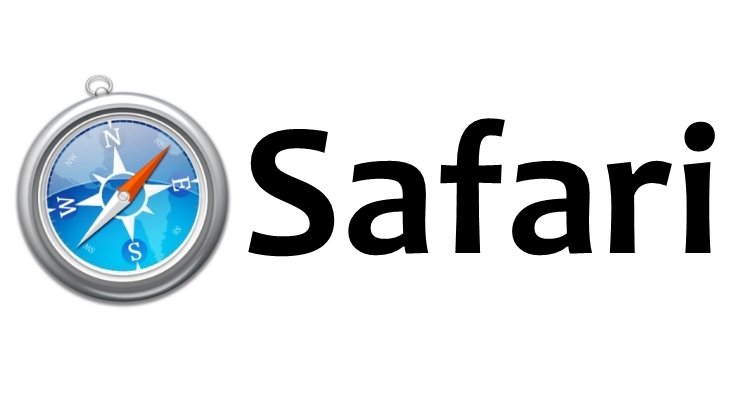
User privacy is a very serious issue for Apple; removing this option from its browser seems to reinforce this posture
Apple has decided to remove from its browser the function Do Not Track (DNT), which allows the user to disable the online activity tracking software present on many Internet pages. The company introduced support for DNT IOS 7, but eliminated the feature on Safari 12.1, reported network security specialists from the International Institute of Cyber Security.
Although it may seem like a good idea, DNT main problem is that this request is voluntary and browsers decide whether to apply or ignore it, so there are no penalties for companies that decide to disregard these requests.
The DuckDuckGo browser, specially designed to preserve users’ privacy, considers that the voluntary nature of the DNT request “is equivalent to leaving open the doors of a house and placing a sign that says ‘Do not enter, please’, being practically useless in reality.”
Still, network security specialists claim that most people who hold the DNT request are unaware that compliance with this function is subject to the browser decision and web pages, so it is effectively fulfilled in very few cases users believe that their data is safe, but they are not really.
Sites like Facebook, Google or Twitter are among the services that ignore the DNT request; on the other hand, platforms such as Pinterest or Reddit have been shown to comply with these requests.
There are some extenuating circumstances: a bank can track the user’s activity to detect possible illegitimate actions, while advertisers ‘ networks can follow up to avoid the so-called “click fraud”.
Apple is taking some alternative measures. In a statement, the company stressed that this decision is due to the companies interested in this follow-up work have found a way to dodge the protection provided by DNT requests (for example, the characteristics of the user’s device, As a brand, model and operating system, they can be used to track your online activity.
Among the measures that the company has taken are:
- Safari users will be warned when they visit sites that do not have SSL
- Safari warns users when they try to visit sites identified as malicious
- Safari will now register people on sites automatically when the AutoComplete with password function completes the credentials of a site
This commitment to privacy is good for users and good for many companies; as considered by specialists in network security.

He is a well-known expert in mobile security and malware analysis. He studied Computer Science at NYU and started working as a cyber security analyst in 2003. He is actively working as an anti-malware expert. He also worked for security companies like Kaspersky Lab. His everyday job includes researching about new malware and cyber security incidents. Also he has deep level of knowledge in mobile security and mobile vulnerabilities.











